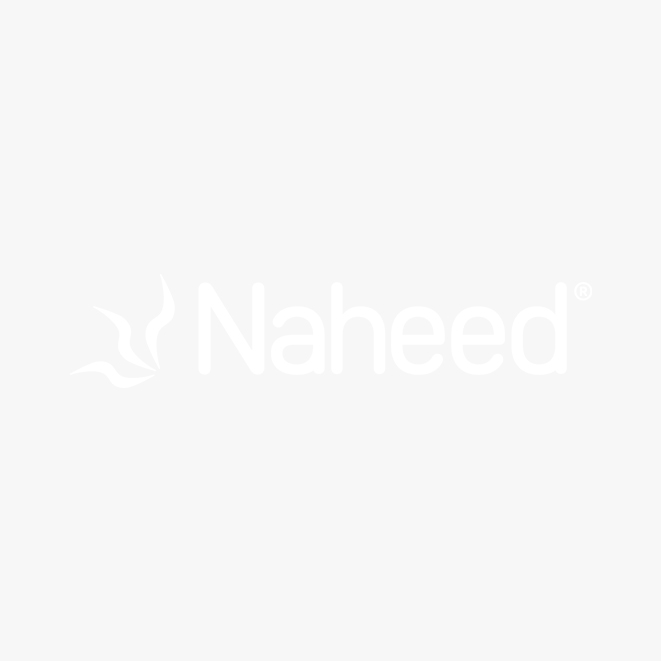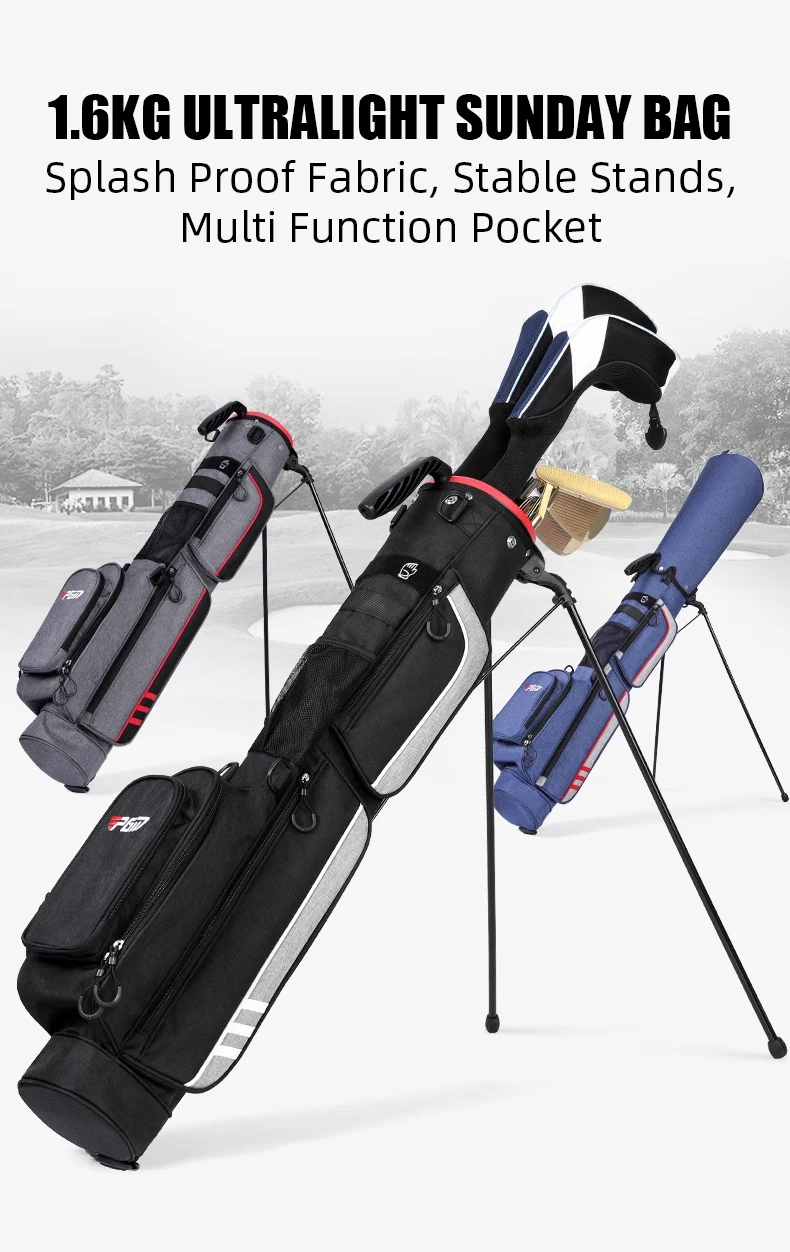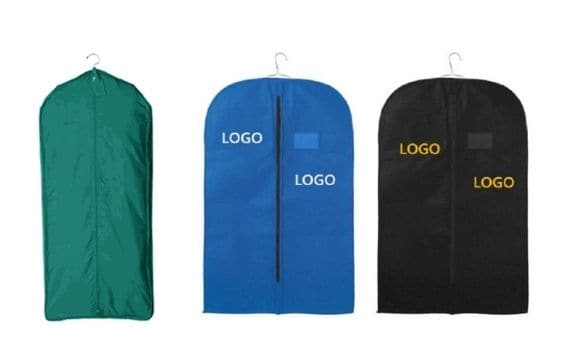Indonesia is a global hub for quality bag manufacturing, known for its skilled artisans and premium materials. Top producers offer custom, private label, and OEM services.
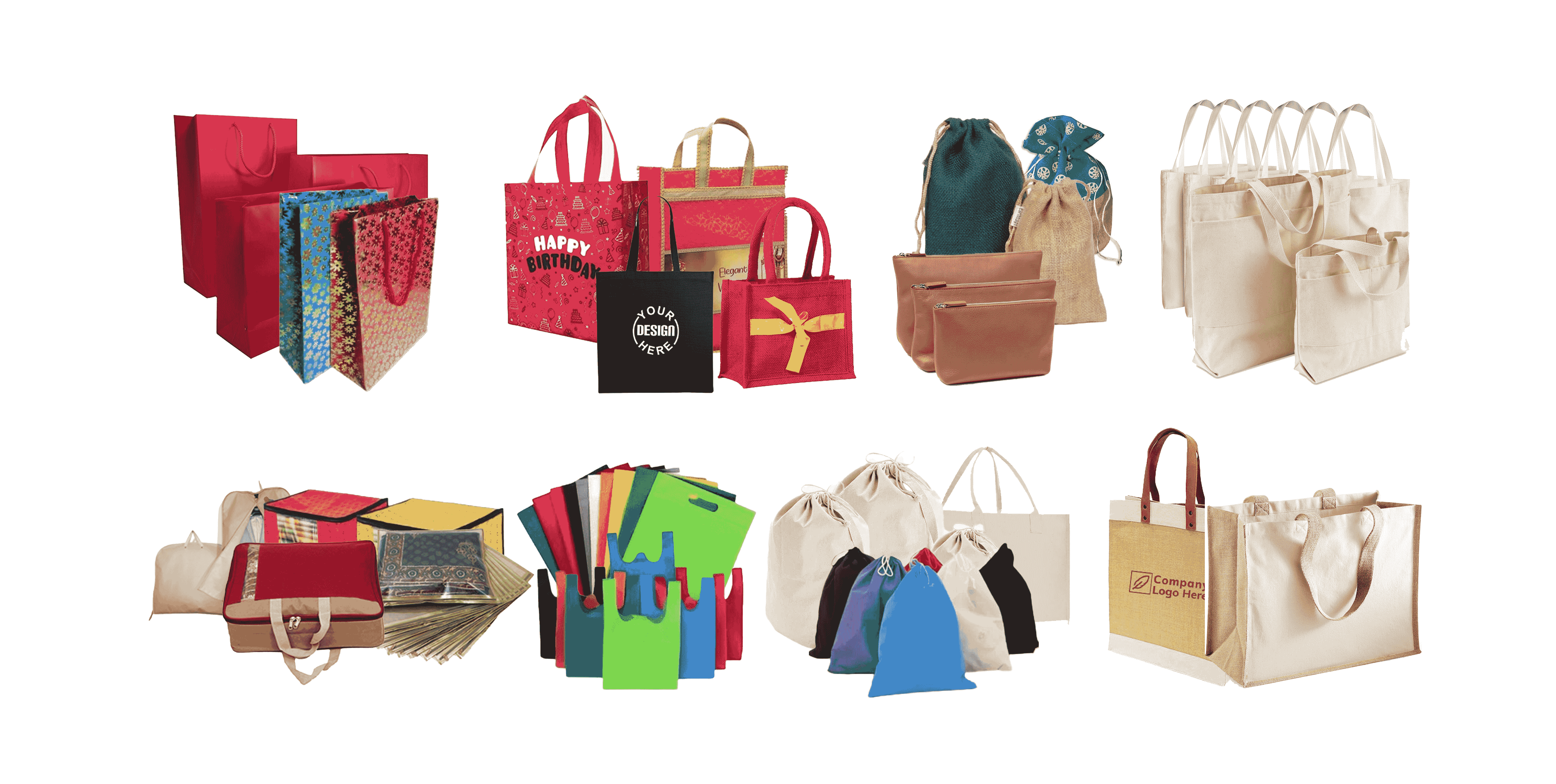
Table of Contents
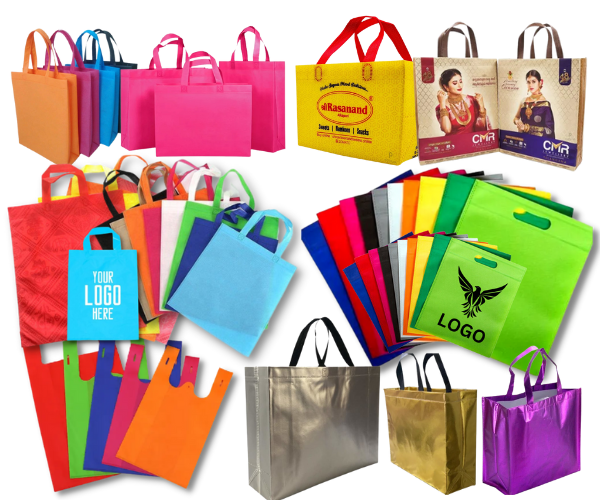
- Why Choose Indonesia for Bag Manufacturing?
- The Top 9 Bag Manufacturers for Global Brands
- What Key Factors Differentiate Indonesian Bag Producers?
- How Do You Select the Right Manufacturing Partner?
- Navigating the Indonesian Manufacturing Landscape
Why Choose Indonesia for Bag Manufacturing?
Indonesia has cultivated a formidable reputation in the global manufacturing sector, particularly for textiles and leather goods. The nation presents a unique combination of advantages that attract international brands, from startups to established fashion houses. The primary appeal lies in its deep-rooted heritage of artisanship. Generations of craftspeople have passed down intricate skills in leatherworking, weaving, and sewing, ensuring a high level of detail and quality that is difficult to replicate with mass-market automation.
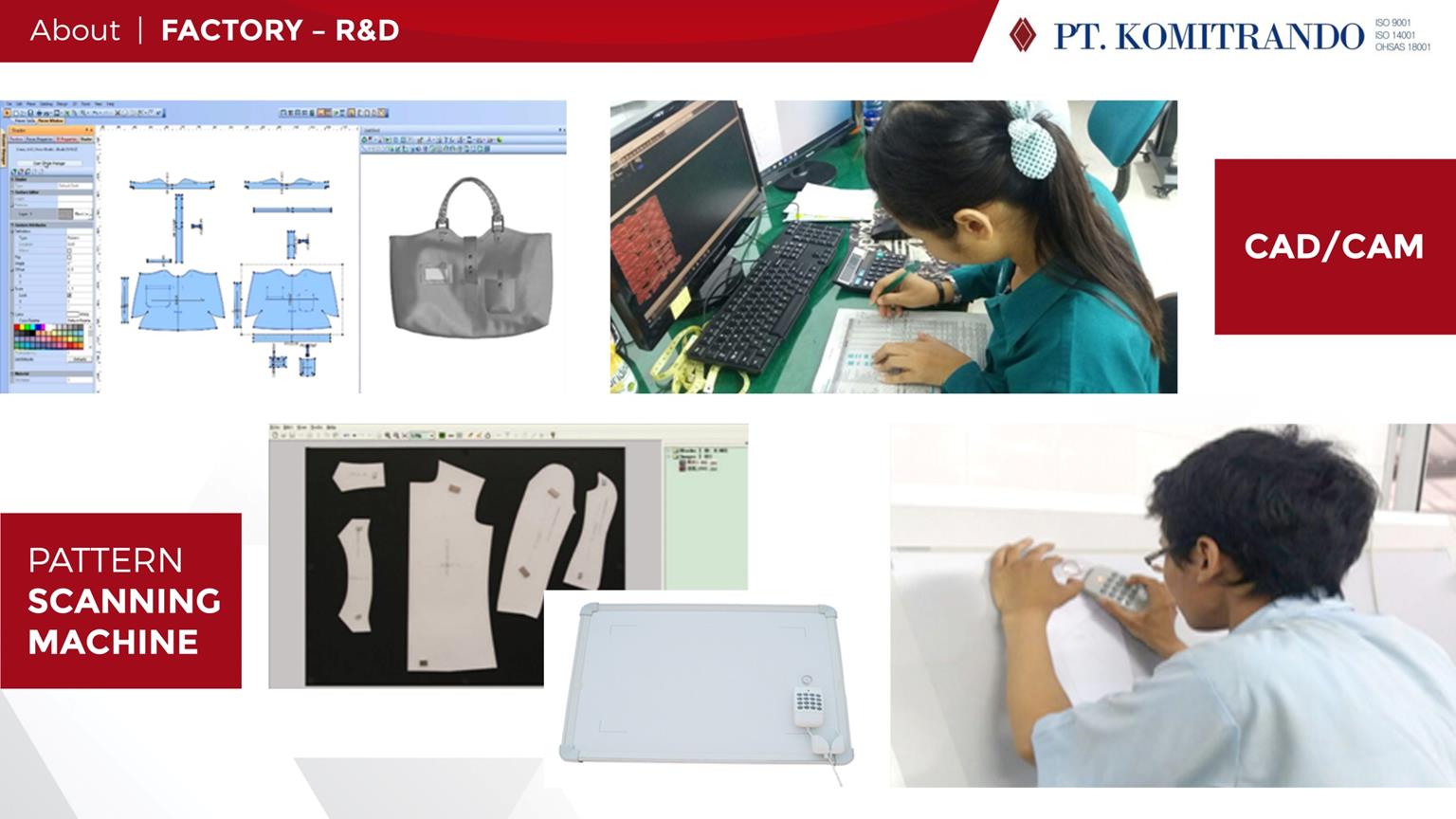
Beyond the human element, the archipelago offers access to a rich variety of raw materials. Indonesian leather, especially from regions like Java, is prized for its durability and texture. Furthermore, the country is a source for diverse textiles, including canvas, denim, and unique handwoven fabrics. This combination of skilled labor and material availability creates a cost-effective environment. Brands discover that they can achieve premium production quality at a competitive price point, providing a significant advantage in the marketplace.
The Top 9 Bag Manufacturers for Global Brands
Identifying the right partner is critical for success. The following list represents a selection of leading manufacturers, each with distinct specializations catering to different market needs.
-
Beld’t Leather
As a premier manufacturer specializing in custom leather goods, Beld’t Leather stands out for its commitment to craftsmanship and brand partnership. They work exclusively with high-quality, full-grain leather to create bespoke bags, wallets, and accessories. Their end-to-end service model is ideal for brands seeking a hands-on collaborator, guiding them from initial design concepts and prototyping through to full-scale production and rigorous quality control. Beld’t Leather is particularly suited for businesses that prioritize premium materials, meticulous construction, and a low minimum order quantity (MOQ) to launch new product lines. -
PT. Budi Makmur Jayamurni (Yogyakarta)
Known for its large-scale operations, this manufacturer is a powerhouse in leather tanning and finished goods. They cater to major international brands, offering extensive capacity for high-volume orders. Their expertise lies in consistent quality across thousands of units, making them a reliable choice for established companies. -
Tasindo (Surabaya)
A versatile manufacturer that works with a wide range of materials, including canvas, nylon, and synthetic leathers. Tasindo is a go-to for promotional bags, backpacks, and functional items. Their strength is in their flexibility and ability to handle complex designs with multiple compartments and features. -
CV. Karya Cipta (Bandung)
Positioned in the heart of Indonesia’s textile industry, this factory specializes in non-leather bags. They are adept at producing backpacks, tote bags, and lifestyle accessories for fashion and corporate clients. Their proximity to textile mills allows for competitive material sourcing. -
Bali-Based Artisan Cooperatives
Not a single company, but a network of small, highly skilled workshops concentrated in areas like Ubud and Seminyak. These producers are masters of natural materials like rattan, ata grass, and water hyacinth. They are perfect for brands focusing on bohemian, resort, or eco-conscious collections, often offering handmade, one-of-a-kind pieces. -
PT. Eratex Djaja Tbk (Probolinggo)
While primarily known for apparel, Eratex Djaja has divisions capable of large-scale bag production, particularly those made from denim and heavy canvas. Their vertically integrated setup ensures strict quality control from fabric weaving to final assembly. -
Roetz-Bikes Indonesia (Semarang)
An interesting and socially conscious choice. This manufacturer focuses on upcycling materials like old canvas and advertising banners to create durable, unique bags. They are an excellent partner for brands with a strong sustainability mission. -
Surabaya Industrial Bag Factories
This category represents several large factories in the industrial hub of Surabaya that specialize in OEM (Original Equipment Manufacturer) production. They are typically discreet and work behind the scenes for well-known global brands, offering scalability and advanced production technologies. -
Yogyakarta Leather Crafters
Similar to the Bali cooperatives, this is a community of artisans in and around Yogyakarta known for traditional leather tooling and batik-on-leather techniques. They offer unparalleled artistic value for brands seeking culturally rich and unique statement pieces.
What Key Factors Differentiate Indonesian Bag Producers?
Understanding what sets Indonesian manufacturers apart allows you to make an informed decision. Key differentiators go beyond price and location, touching upon the very essence of your product’s quality and brand story.
Material Sourcing and Quality
The quality of a bag begins with its materials. Indonesian manufacturers offer a spectrum of options. High-end producers like Beld’t Leather focus on full-grain and top-grain leathers, which are the most durable and develop a rich patina over time. Other factories may specialize in genuine leather, synthetics, or sustainable alternatives. It is vital to inquire about the origin of the materials, the tanning processes used (vegetable vs. chrome tanning), and the quality of hardware like zippers, clasps, and buckles.
Craftsmanship and Production Techniques
The production method heavily influences a bag’s final look, feel, and durability. Many Indonesian facilities, particularly those specializing in leather, pride themselves on hand-stitching and manual finishing for critical stress points. This artisanal approach provides superior strength compared to fully automated assembly lines. Conversely, factories geared for high-volume orders utilize advanced machinery for precision cutting and stitching, ensuring consistency across large batches. Your choice depends on whether your brand emphasizes unique craftsmanship or uniform production.
MOQs and Scalability
The Minimum Order Quantity (MOQ) is a critical factor for brands of all sizes. Emerging businesses or those testing a new design benefit from manufacturers with low MOQs, which minimizes initial investment and risk. Smaller, specialized workshops are often more flexible in this regard. In contrast, large industrial factories require high MOQs to justify their production setup but offer lower per-unit costs and the capacity to scale production as your brand grows.
Ethical and Sustainable Practices
Modern consumers are increasingly concerned with the ethics behind their purchases. Leading Indonesian manufacturers are responding by adopting transparent and responsible practices. This includes ensuring fair wages and safe working conditions for employees, using environmentally friendly materials, and minimizing waste. When vetting a partner, ask about their certifications, labor policies, and sustainability initiatives. A commitment to ethical production can be a powerful part of your brand’s narrative.
How Do You Select the Right Manufacturing Partner?
Choosing a manufacturer is a strategic partnership. A systematic approach ensures you find a producer that aligns with your brand’s vision, quality standards, and business goals.
Define Your Brand’s Needs
Before initiating contact, create a detailed brief or “tech pack.” This document should clearly outline your product specifications: dimensions, materials, hardware, stitching details, and branding elements. Also, define your target cost per unit, desired quantity, and quality expectations. A clear brief prevents misunderstandings and allows manufacturers to provide an accurate quotation and assessment of their capabilities.
The Vetting Process: From Inquiry to Prototype
Your initial interactions with a potential manufacturer are telling. Assess their communication style—are they responsive, clear, and professional? A reliable partner will ask clarifying questions to fully understand your vision. The most crucial step in the vetting process is the prototype or sample phase. Never commit to a bulk order without first approving a physical sample. This allows you to evaluate the craftsmanship, material quality, and accuracy of the execution firsthand.
Understanding Quotations and Timelines
A professional quotation should be itemized, breaking down the costs for materials, labor, prototyping, and shipping. Be wary of quotes that are significantly lower than others, as this may indicate compromises in material or labor quality. Discuss production timelines clearly, including the lead time for material sourcing, manufacturing, and quality control. A trustworthy partner will provide a realistic schedule and keep you informed of progress.
Navigating the Indonesian Manufacturing Landscape
Successfully partnering with an Indonesian bag manufacturer requires diligence. The right partner will not just produce your goods; they will contribute to your brand’s quality and reputation. Use a structured evaluation process to ensure you find a factory that meets your specific needs.
| Factor to Consider | What to Look For | Potential Red Flags |
|---|---|---|
| Communication | Prompt, clear, and professional responses. Fluency in your business language. | Vague answers, delayed replies, unwillingness to provide details. |
| Specialization | Proven experience with your desired materials and bag type (e.g., leather totes, technical backpacks). | Claims to make “everything” without a clear area of expertise. |
| Quality Control | A documented quality assurance process. Willingness to share how they handle defects. | Lack of a formal QC process or dismissal of quality concerns. |
| Transparency | Openness about their production facility, sourcing, and labor practices. | Hesitancy to discuss their supply chain or factory conditions. |
| Prototyping | A clear, structured process for sample development and revisions. | Refusal to create a sample before a large deposit or full order commitment. |

